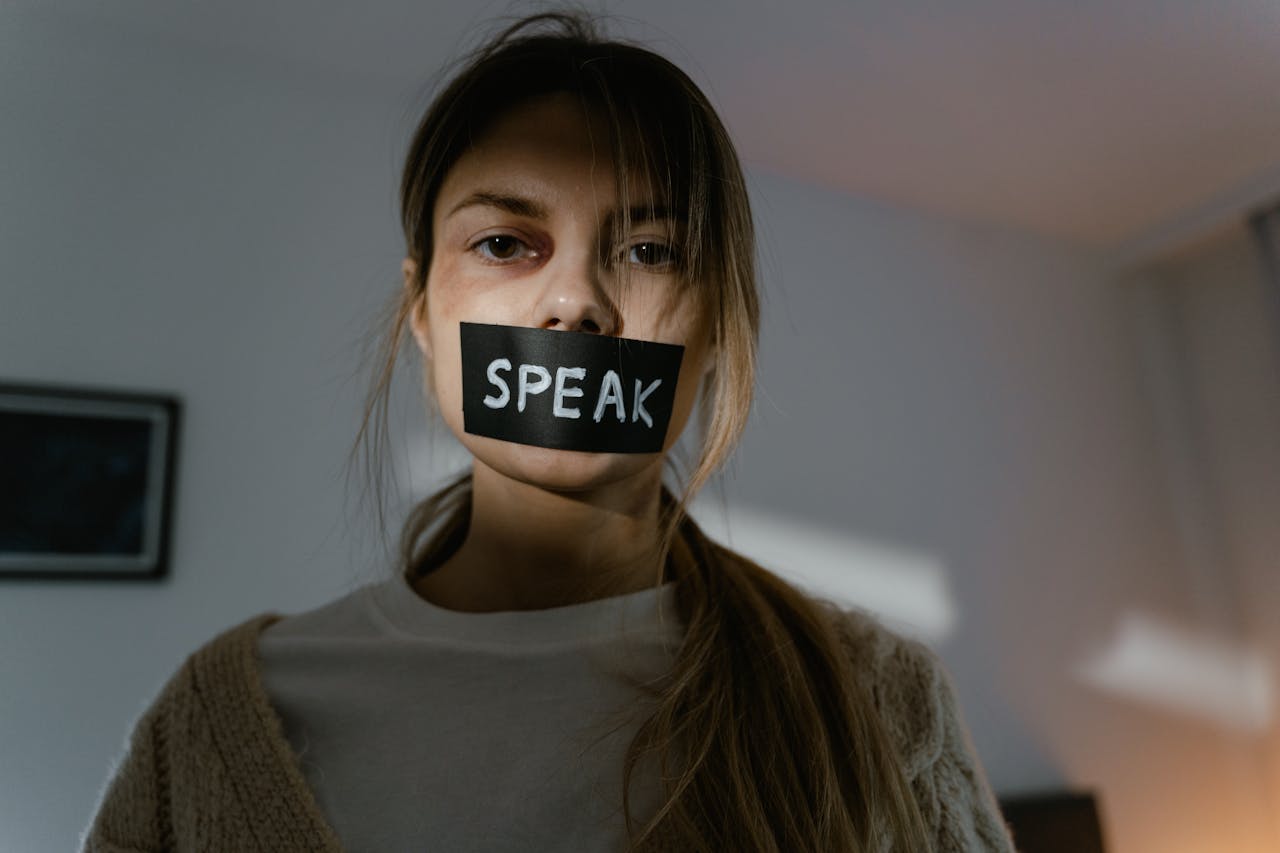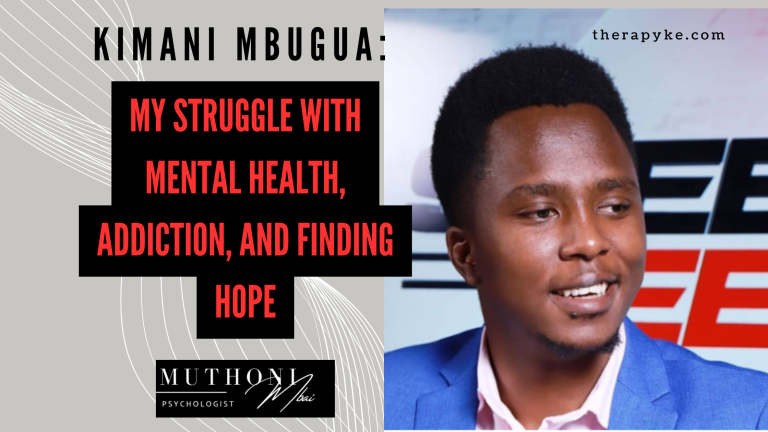
Mental Health and the Fight to End Femicide

Mental Health and the Fight to End Femicide
Femicide, the gender-based killing of women and girls, is a tragic issue that continues to plague societies worldwide, including Kenya. While the crime itself is horrifying, its ripple effects on mental health are equally devastating, impacting survivors, families, and communities.
Addressing femicide is not just about justice for victims but also about creating a supportive environment for healing and prevention. This article delves into the psychological impact of femicide, its causes, and actionable steps to end this violence.
Understanding Femicide: Characteristics and Movements
Femicide is characterized by its deliberate targeting of women based on their gender. Common forms include intimate partner killings, honor-related murders, and murders linked to sexual violence.
In Kenya, recent cases highlight the urgency of addressing this issue;
A woman in Murang’a was fatally stabbed by her estranged husband in November 2024 after they had separated due to a domestic dispute. This is just one of the many cases in Kenya.
The shocking reality that at least 10 women had been killed in the first month of 2024 alone, with many more survivors. This intensifies an already troubling trend. Tragically, these cases reflect a pattern of unresolved domestic tensions and lack of early interventions.
The Psychological Impact of Femicide
Supporting Survivors and Families in the Fight to End Femicide
The trauma of femicide goes far beyond the loss of life, leaving survivors, families, and communities in its wake. For survivors of attempted femicide, the psychological scars can include post-traumatic stress disorder (PTSD), depression, and anxiety.
Families of victims often experience profound grief, guilt, and helplessness, which can lead to mental health challenges if not addressed. Apparently, these are scarcely addressed.
The Mental Health Toll on Survivors and Families
Survivors of femicide attempts often carry deep psychological scars. Many experience survivor’s guilt, reliving the trauma and questioning why they survived when others did not. Families, on the other hand, endure immense grief, often compounded by societal stigma or blame.
The mental health toll extends to entire communities, where fear and helplessness can breed mistrust and anxiety. Addressing these impacts requires a collective effort to provide trauma-informed care, foster empathy, and rebuild a sense of security.
The Role of Trauma Counseling and Therapy
Trauma counseling and therapy play a critical role in helping survivors and families process these emotional wounds. Through professional support, survivors can rebuild their sense of safety and identity, while families can find ways to navigate their grief and anger.
Therapy offers tools to manage PTSD, reduce emotional triggers, and foster resilience. Mental health support is essential in the journey toward healing, ensuring that those affected by femicide can move forward with hope and strength.
What Is the Cause of Femicide?
Femicide often stems from deeply ingrained societal issues, including toxic masculinity, gender inequality, and the normalization of violence against women. In Kenya, many cases arise from domestic disputes, failed relationships, or cultural norms that perpetuate male dominance.
Mental health challenges, such as untreated anger, jealousy, or personality disorders, can exacerbate these tendencies, leading to violent outcomes. By prioritizing mental health support and addressing these underlying issues, we can create pathways for individuals to cope with emotions in healthier, non-violent ways.
Preventing femicide begins with recognizing these causes and addressing them through education, early intervention, and the promotion of gender equality.
What Are the Actions to End Femicide?
How do we end femicide? Is there something practical that we can do? Ending femicide requires a multifaceted approach that involves governments, communities, and individuals.
Breaking the Silence: One powerful way to fight femicide is through mental health advocacy. Encouraging open conversations about abuse and gender violence can empower victims and witnesses to speak up. Breaking the silence help survivors access resources, legal assistance, and psychological support.
Support for Victims
Victims of domestic violence and abuse often feel trapped. Providing accessible shelters, hotlines, and mental health services ensures that women in dangerous situations have a way out before violence escalates.
Education and Awareness: Educating communities about gender equality and respectful relationships can challenge toxic behaviors and attitudes. Initiatives like the UN Women campaign in Kenya in 2024 are crucial in raising awareness and mobilizing collective action.
During the campaign, thousands of women and men marched in Nairobi and other major cities in Kenya calling for an end to femicide and violence against women. Protesters could be seen carrying with messages including “We Are Human Beings”, “In a world full of men, let women live too” “Being a woman should not be a death sentence”, “Stop Killing Us!” and others. Such initiative challenge toxic behaviors and attitudes.
The End Femicide Kenya movement has also been at the forefront of addressing this crisis. This initiative focuses on raising awareness, advocating for policy changes, and providing support for victims.
Community Responsibility in Preventing Femicide
Communities play a vital role in ending femicide. By challenging harmful norms and behaviors, communities can create a culture that values and protects women.
Addressing Toxic Behaviors
Toxic masculinity, victim-blaming, and trivializing violence against women must be confronted. Community programs that teach emotional regulation, empathy, and respectful communication can help reduce violence.
Supporting Victims
Providing support to victims of domestic violence is essential. Community leaders, friends, and neighbors should act as allies, encouraging victims to seek help and standing by them through their journey. By fostering a sense of collective responsibility, communities can become safe spaces where women are valued and protected.
Conclusion
Femicide is a devastating reality that requires urgent attention. Its psychological toll on survivors, families, and communities underscores the need for robust mental health support. By addressing the causes, breaking the silence, and fostering community responsibility, we can create a safer environment for women and girls.
Through advocacy, education, and collective action, we can join the fight to End Femicide and ensure that no woman’s life is cut short due to violence. Therapyke.com stands as a resource for mental health support, offering hope and healing to those affected by femicide and other gender-based violence. Reach out to us today through our Contact Page.



